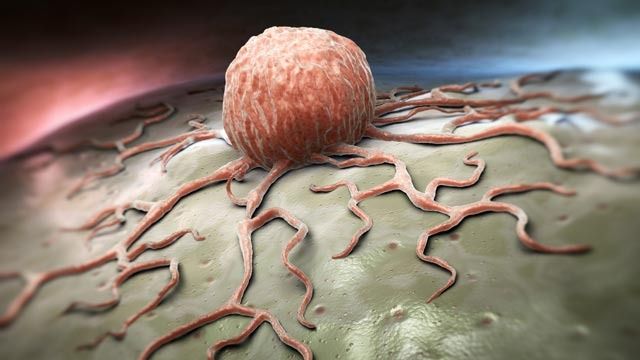VITAMINS-Nutrients have long been described as healers-Life extending amino acids-chemicals… As has been done in the past holds true presently. There are trained professionals who for one reason or another attack the vitamin industry.
(Many claiming that vitamins do nothing and are washed from the body???)
How then did niacin extraction and synthesizing and being put into foods help end many sicknesses??? Yes Niacin is listed as a vitamin and a medicine…
So why is so much done and said against supplements??? Snake oil salesman and Big Pharma. I hate the term snake oil but it has been used against me and many others such as Doctor Aubrey de Grey…
SADLY There are those minds that have lied and harmed many down through the years by conartist-snake oil salesman… BUT For every bad product in nutrients there are 5 and more that are not so… WHAT SAY YE??? AEWR gerevivify.blogspot.com/
Jan. 2 (UPI) — While the vast majority of over-the-counter nutritional and herbal supplements are safe — unless they are consumed in large quantities — not all of them deliver on their promised benefits.






